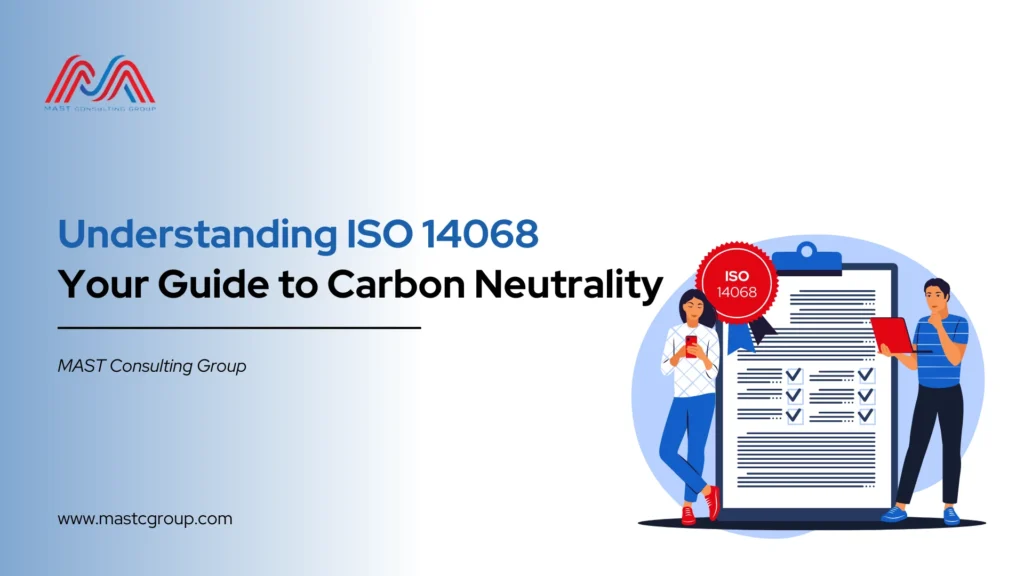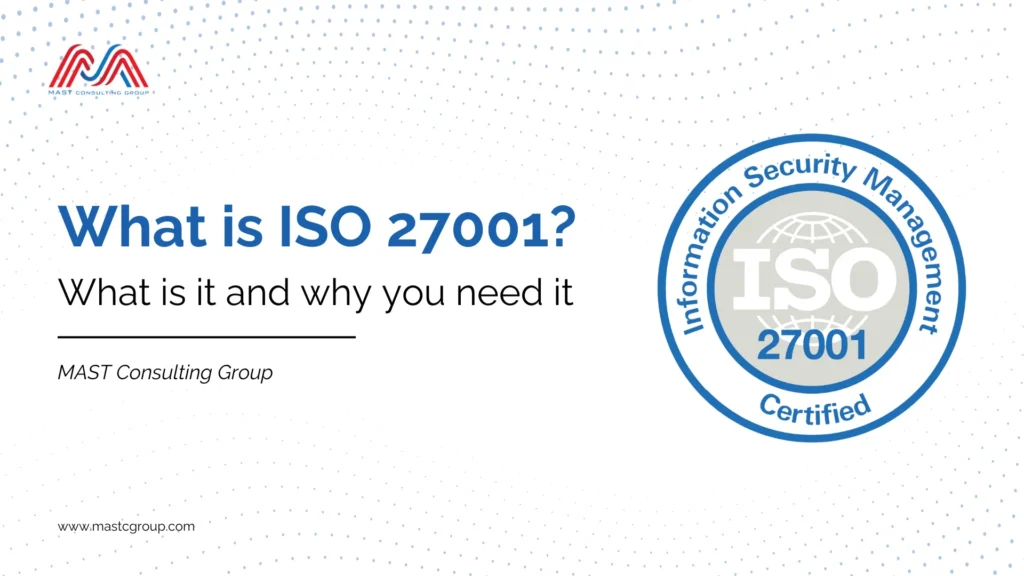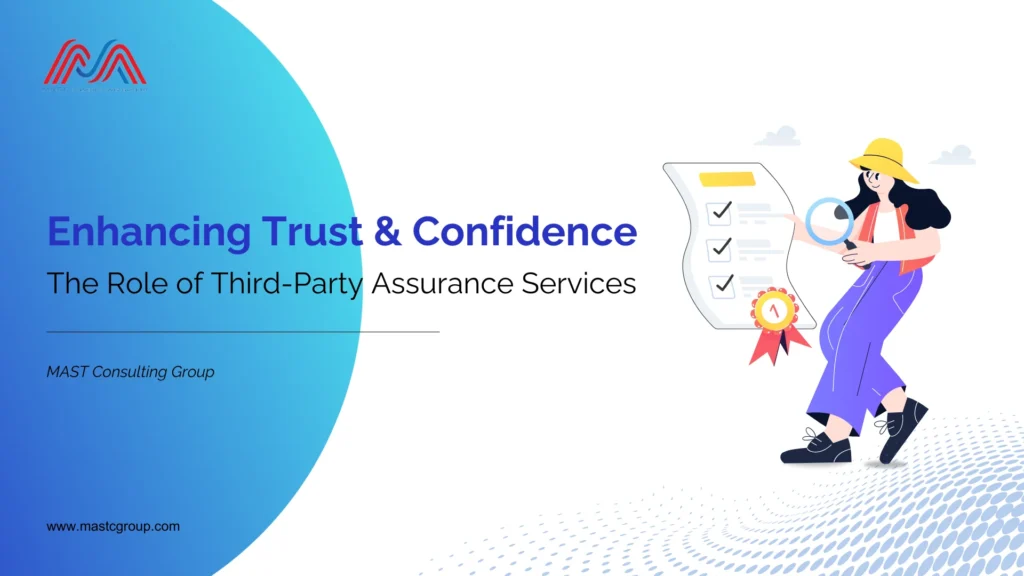
In today’s world, with climate change being a pressing concern, organizations are increasingly focusing on sustainability and achieving carbon neutrality. This has led to growing interest in ISO 14068, a globally recognized standard for organizations seeking to manage their greenhouse gas (GHG) emissions and demonstrate their commitment to carbon neutrality.
What is ISO 14068?
ISO 14068 is a series of standards developed by the International Organization for Standardization (ISO) that provide a framework for organizations to:
- Quantify their greenhouse gas emissions and removals.
- Reduce their emissions through internal measures.
- Offset remaining emissions through verified carbon credits.
- Demonstrate their carbon neutrality claims through independent verification.
There are three main parts to the ISO 14068 series:
- ISO 14064-1: This standard specifies the requirements for quantifying and reporting greenhouse gas emissions and removals.
- ISO 14064-2: This standard provides guidance for organizations on preparing for verification/validation of their greenhouse gas statements.
- ISO 14065: This standard outlines the requirements and competence criteria for bodies verifying/validating greenhouse gas statements.
Benefits of Implementing ISO 14068:
Implementing ISO 14068 offers several benefits for organizations, including:
- Reduced environmental impact: By actively managing and reducing their carbon footprint, organizations can contribute to combating climate change.
- Enhanced brand reputation: Demonstrating commitment to sustainability through a recognized standard like ISO 14068 can improve brand image and reputation.
- Increased efficiency: The process of quantifying and analyzing emissions can lead to identifying areas where an organization can improve energy efficiency and reduce costs.
- Improved stakeholder engagement: By demonstrating transparency and accountability in their sustainability efforts, organizations can build trust and engagement with stakeholders.
Getting Started with ISO 14068:
The process of implementing ISO 14068 requires dedication and expertise. Here are some initial steps:
- Develop a comprehensive understanding of the standard and its requirements.
- Conduct a greenhouse gas inventory to quantify your organization’s emissions.
- Establish a strategy for reducing emissions and achieve carbon neutrality.
- Choose an accredited verification body to verify your GHG statements.
- Continually monitor, improve, and report on your progress towards carbon neutrality.
Important Resources:
- International Organization for Standardization (ISO): https://www.iso.org/home.html
- The Greenhouse Gas Protocol: https://ghgprotocol.org/
By taking the initiative to understand and implement ISO 14068, organizations can actively contribute to a more sustainable future while reaping the benefits of responsible environmental practices.


